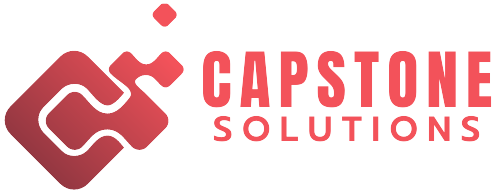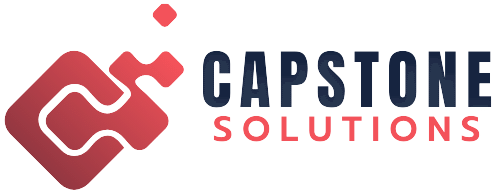The active employment market of the UAE is unique, and new approaches and insights are needed. The fact that 2025 is the year when traditional barriers to hiring will collide with new technological expectations is what is interesting.
The Skills Gap Widens in Critical Sectors
The same pressures can be observed in the banking and financial sectors, where there has been an impressive growth in employment opportunities, yet a misalignment of the skills available with the market needs.
Especially acute shortages are observed in the spheres of healthcare, engineering, and digital marketing. Businesses are now competing with each other not only at a local level but also on a global scale in the same pool of talent, which increases the wage demands and the time span of recruiting employees.
Local Experience Requirements Create Bottlenecks
Around one in five employers agree that it is particularly challenging to find candidates who have previous local work experience, creating a catch-22 situation. Companies want UAE-experienced professionals, but newcomers can’t gain that experience without someone giving them a chance.
Regulatory Complexity Slows Hiring Processes
Employers must navigate complex paperwork, stay compliant with evolving labor laws, and address cultural differences within the workplace. The administrative burden of securing work permits and residence visas adds weeks or months to the hiring timeline.
Technology Disruption Reshapes Expectations
Candidates now expect seamless digital experiences throughout the hiring journey, while companies struggle to balance automation with the human touch that builds meaningful relationships. This technological shift demands significant investment in recruitment technology and training.
Cultural Fit Versus Diversity Balance
UAE companies face the unique challenge of maintaining cultural cohesion while embracing diversity. With expatriates making up a significant portion of the workforce, organizations must create inclusive environments that respect local customs while attracting international talent.
Compensation Inflation Pressures
Companies find themselves caught between the need to attract top talent and maintaining sustainable cost structures, especially when competing with well-funded startups and multinational corporations.
Remote Work Integration Complexities
The shift toward hybrid and remote work models creates new recruitment challenges around assessing candidates’ ability to work independently and maintain productivity without direct supervision. UAE companies must now evaluate soft skills like self-motivation and digital collaboration capabilities alongside technical qualifications.
Rapid Employee Turnover Cycles
High turnover rates plague many UAE sectors, with some companies experiencing up to 30% annual staff turnover. This creates a continuous recruitment burden where HR teams barely finish onboarding one group before starting the search for their replacements.
Generational Expectation Gaps
UAE workplaces now span four generations with vastly different expectations about work-life balance, career progression, and communication styles. Gen Z candidates expect immediate feedback and purpose-driven work, while experienced professionals value stability and traditional career paths.
Adapting to New Workforce Realities
The recruitment challenges of 2025 aren’t temporary hurdles; they represent fundamental shifts in how people work and what they expect from employers. Companies that acknowledge these challenges and adapt their strategies accordingly will find themselves better positioned to attract and retain the talent they need.





